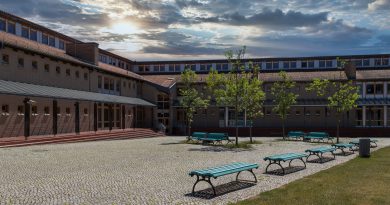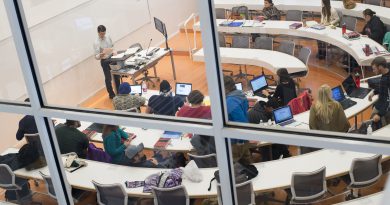Learning as a Work in Progress
Education, much like life, is a continuous work in progress. Whether we are refining our teaching methods, collaborating with peers, or guiding students toward their future, we find ourselves constantly evolving. This post highlights how embracing the process of learning can lead to meaningful, impactful outcomes. Through imperfection, collaboration, and a focus on the future, the following articles showcase the dynamic and ever-developing nature of education.
- In OER is Full of Errors: I’m Okay with It from Faculty Focus, author Teresa Thompson makes a case for embracing the imperfections of Open Educational Resources (OER). While OER materials may not be perfect, Thompson emphasizes their flexibility and adaptability, allowing educators to modify and improve them as needed. This willingness to accept and work through imperfections encourages a more collaborative and iterative approach to education, where the focus is on continuous improvement rather than unattainable perfection.
- Heejung An and Woonhee Sung‘s article Thinkering, Making, Sharing, and Reflecting: A Model for Online Collaborative Project-Based Learning for the EDUCAUSE Review explores a model that merges making, sharing, and reflecting in an online learning environment. Through collaborative project-based learning, students engage in an ongoing process of creation and reflection, making learning itself a work in progress. This method not only fosters deep engagement but also encourages students to take ownership of their learning journey through iterative feedback and peer collaboration.
- Finally, in Survey: Experiential Learning Helps Young People Identify Career Paths, Inside Higher Ed‘s Student Success reporter Ashely Mowreader highlights how career-focused learning programs in high schools are helping students see their future as a work in progress. These programs provide students with real-world skills and a clearer sense of direction, improving both their academic outcomes and their hope for the future. By aligning learning with career paths, educators can inspire a sense of purpose and motivation, allowing students to view their education as a step toward future possibilities.
After reflecting on these insights, consider the ways in which your teaching is a work in progress. How might embracing imperfection create space for adaptability and growth in your classroom? Could incorporating more collaborative, project-based learning bring new levels of engagement for your students? And in what ways can you align your teaching with your students’ aspirations to help them build hope for the future?



